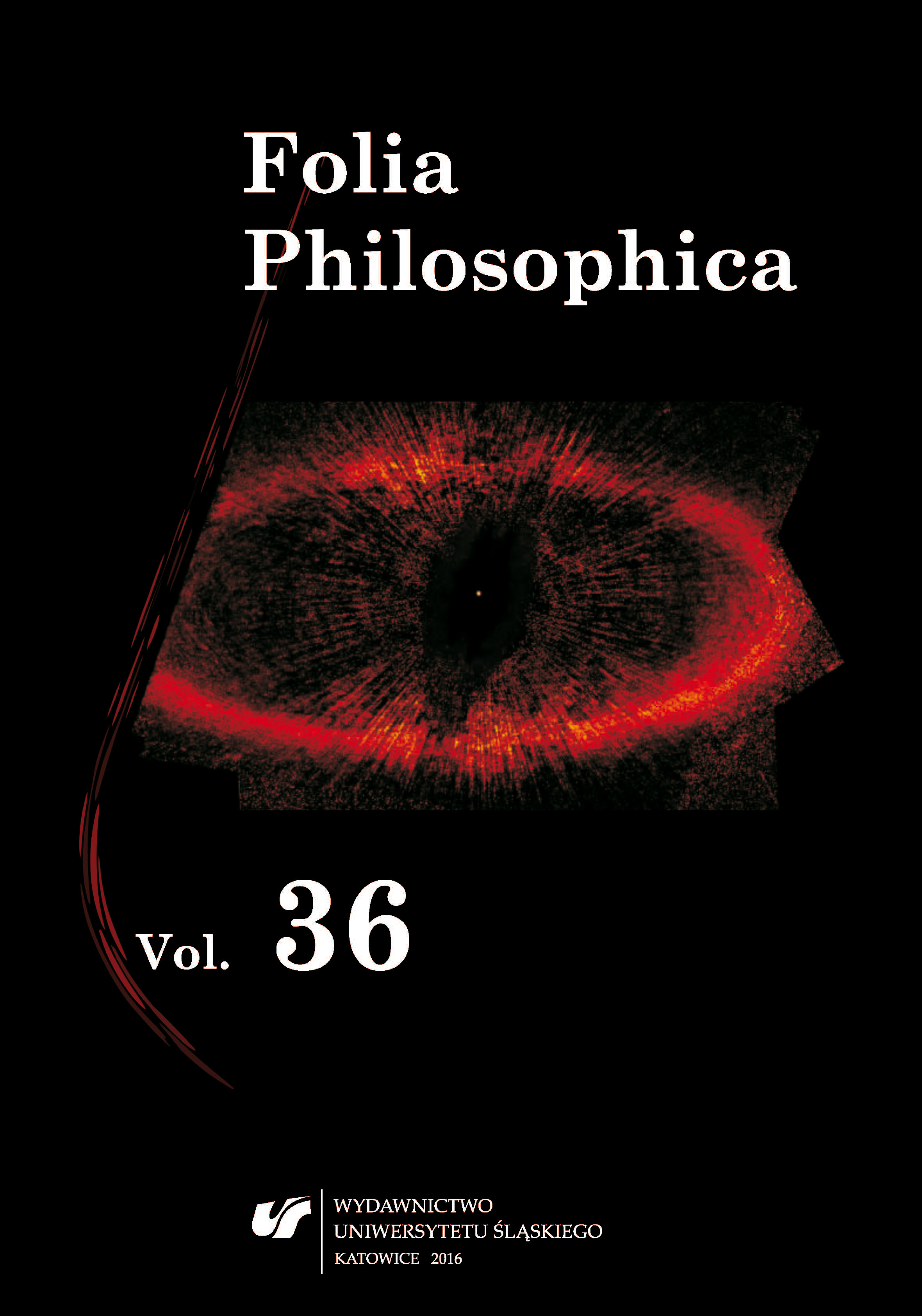Początki kategorii przypadku w sztuce
The origins of the category of chance in the arts
Author(s): Magdalena WołekSubject(s): Philosophy, Fine Arts / Performing Arts, Studies of Literature, Epistemology, Phonetics / Phonology, Philosophy of Science, Theory of Literature
Published by: Wydawnictwo Uniwersytetu Śląskiego
Keywords: chance; art; anti-art; science; rationality; irrationality; Dadaism; phonetic poetry
Summary/Abstract: The paper concerns the relationship between the category of chance in the arts, metaphysics and the sciences, such as mathematics. The chance is here understood as an event whose causes cannot be determined, which is beyond all rule, the quintessence of uncertainty and irrationality long time presented in the metaphysical considerations as the opposition of the rational and predictable. Predictability was the regulative idea of the actions both within the science and the art, whose center was the knowledge of the principles and the rules. Both the art of the chance and the science of chance were seen as a contradiction in terms. The problem of chance became a subject of study of the science in the seventeenth century. But although the origins of the “mathematization” of the chance date back to the seventeenth century, its rational grounding occurred only in the three decades of the last century. In the early twentieth century, chance was still associated with the irrational. Due to this particular association, it became attractive for artists. The first kind of art (or rather anti-art) which turned the chance into a tool was Dadaism. For Dadaists, the art did not consist in producing things according to the accepted rules or any of its previous perspectives, but in recording whatever chance suggested to the artist. The introduction of the new category of chance to the world of art by Dadaism led to the reformulation of the understanding of art in the second half of the 20th century.
Journal: Folia Philosophica
- Issue Year: 2016
- Issue No: 36
- Page Range: 79-89
- Page Count: 11
- Language: Polish

